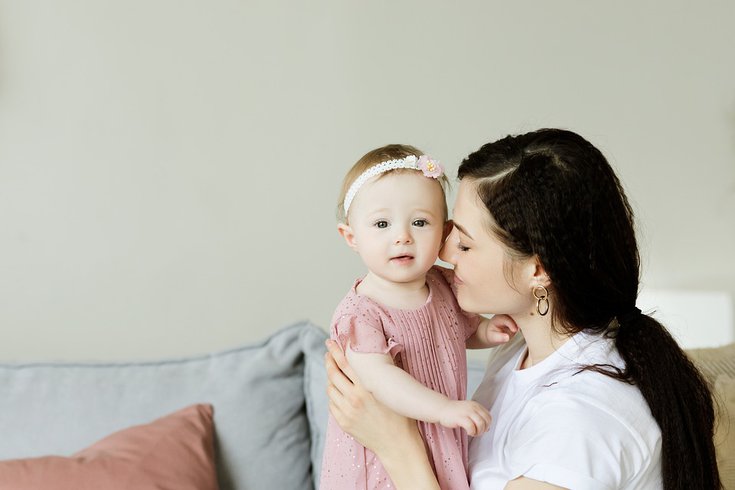
January 05, 2022
 Anastasia Gepp/Pixabay
Anastasia Gepp/Pixabay
A new study by JAMA Pediatrics found that although babies with in-utero exposure to COVID-19 do not show developmental deficits, those born during the pandemic have significantly lower scores on developmental screenings than babies born pre-pandemic.
Babies born during the COVID-19 pandemic – specifically between March and December 2020 – have shown "significantly lower scores" on a popular developmental screening tool compared to babies born before the onset of the public health crisis, a new study shows.
Researchers from Columbia University found that babies who experienced in-utero exposure to COVID-19 had no developmental differences to those who did not. This was a surprising development given the impacts of other viral infections on pregnancy and infant development.
The questionnaire also tracks problem solving skills and communication, which researchers say were higher than that of pre-pandemic infants.
"These early findings support the need for long-term monitoring of children born during the pandemic," researchers said in their report.
Investigators noted that there may be no long-term developmental lag, as these findings are based solely on scores from the ASQ-3 screenings. Screening infant development at 6 months is an early time to assess long-term implications, according to Dr. Dani Dumitriu, one of the lead researchers.
The study included over 1,700 women, of which nearly 600 enrolled to take part in the study. Of them, 385 were invited to the 6-month assessment, where 272 completed the ASQ-3 screening tool.
255 infants from the COVID-19 Mother Baby Outcomes Initiative at Columbia 's Vagelos College of Physicians and Surgeons comprised the bulk of the data used in the study, with an additional 62 babies born pre-pandemic. All of the children were in NewYork-Presbyterian Morgan Stanley Children's or Allen Hospitals. Of the 255 infants who took part in the study, 114 experienced in-utero exposure to COVID-19, while the remaining 141 were unexposed.
Researchers found no difference in development between the exposed and unexposed infants, regardless of severity of illness for the mother, or timing of the infection in relation to the stage of pregnancy.
When they compared the babies to pre-pandemic historical data sample, however, they did see significantly lower scores on fine motor, gross motor, and personal-social subdomains used as part of the Ages and Stages screening.
The average score for fine motor skills dropped by 6.61 points in babies born during the pandemic. The score for gross motor skills dropped by 5.63 points on average, and scores for personal and social development dropped by 3.71 points.
When analyzed for exposure to COVID-19 in-utero, the differences did not change. However, when adjusted for severity of illness in the mother, the personal-social development subdomain did not see a significantly lower score in exposed babies.
Researchers also found a significant association between a baby's gross motor, fine motor, and social-personal skills and the trimester of the pregnancy in which the peak of the early pandemic occurred in New York City.
"Together, the lack of neurodevelopmental differences between infants with and without in-utero [COVID-19] exposure and the observed group differences between the historical and pandemic cohorts suggest COVID-19 related stress should be considered as an underlying mechanism," researchers said. "Reported stressors have included job loss, food insecurity, and loss of housing, and the pandemic has resulted in significant increases in symptoms of anxiety and depression."
Sean Deoni, associate professor of pediatric research at Brown University, was not involved in the JAMA study, though he has done his own research into the impacts of COVID-19 on child development. He tells NBC News that "if things continue as they are, there will be a set of children entering into daycares, preschools, and schools that may have greater need than we are used to."
He notes that parents can help alleviate some of these issues by being interactive, talkative, and engaging with their infants and children in an active way.